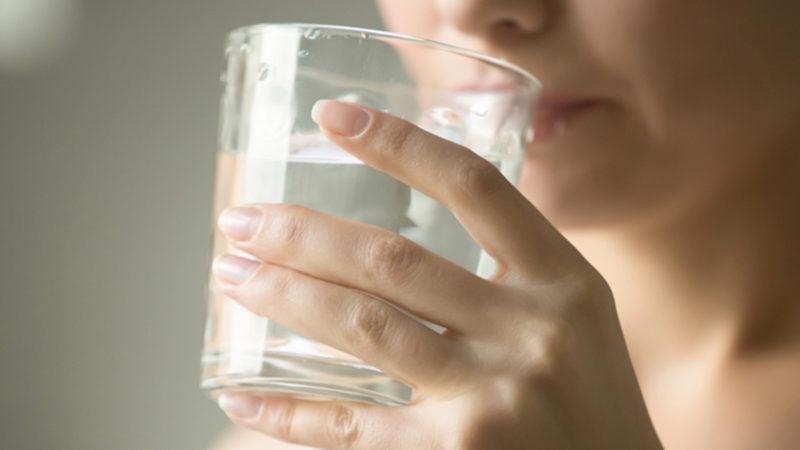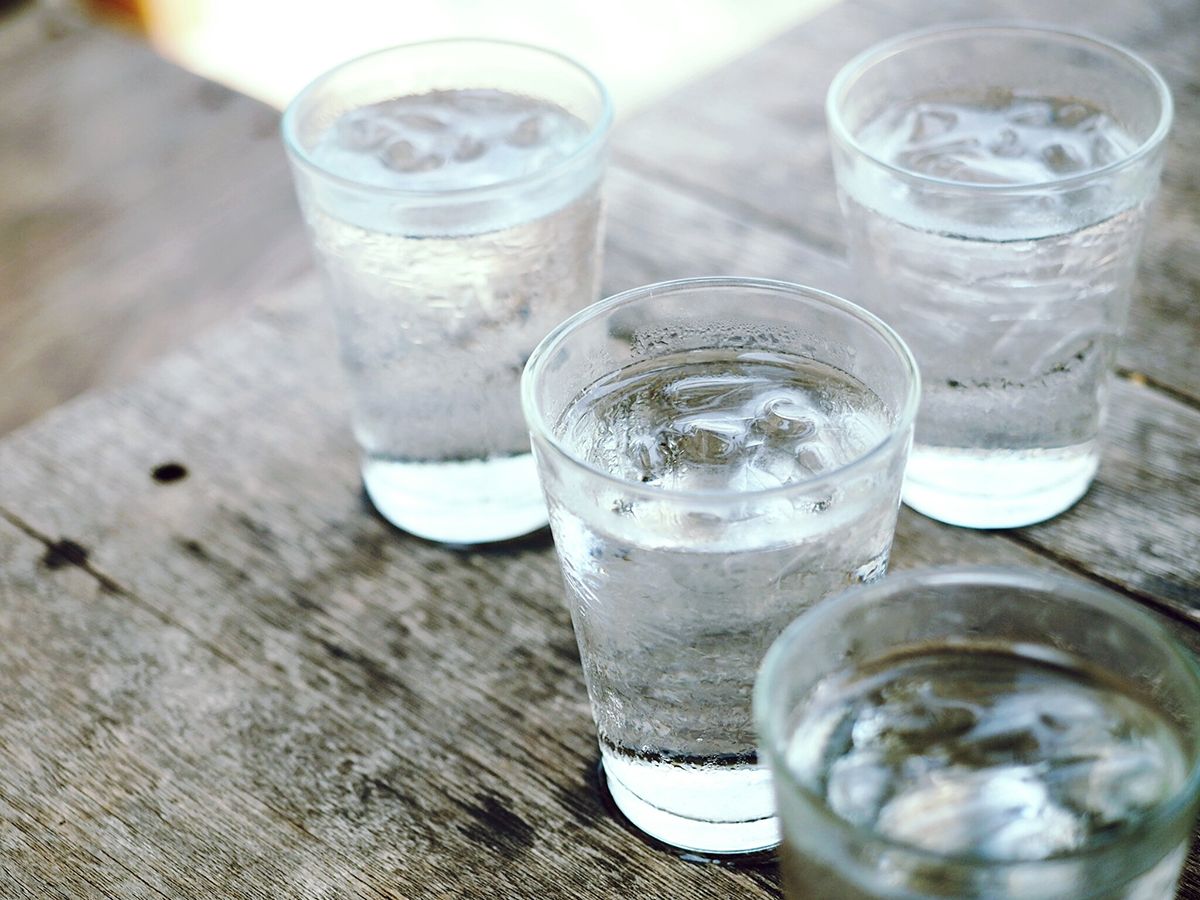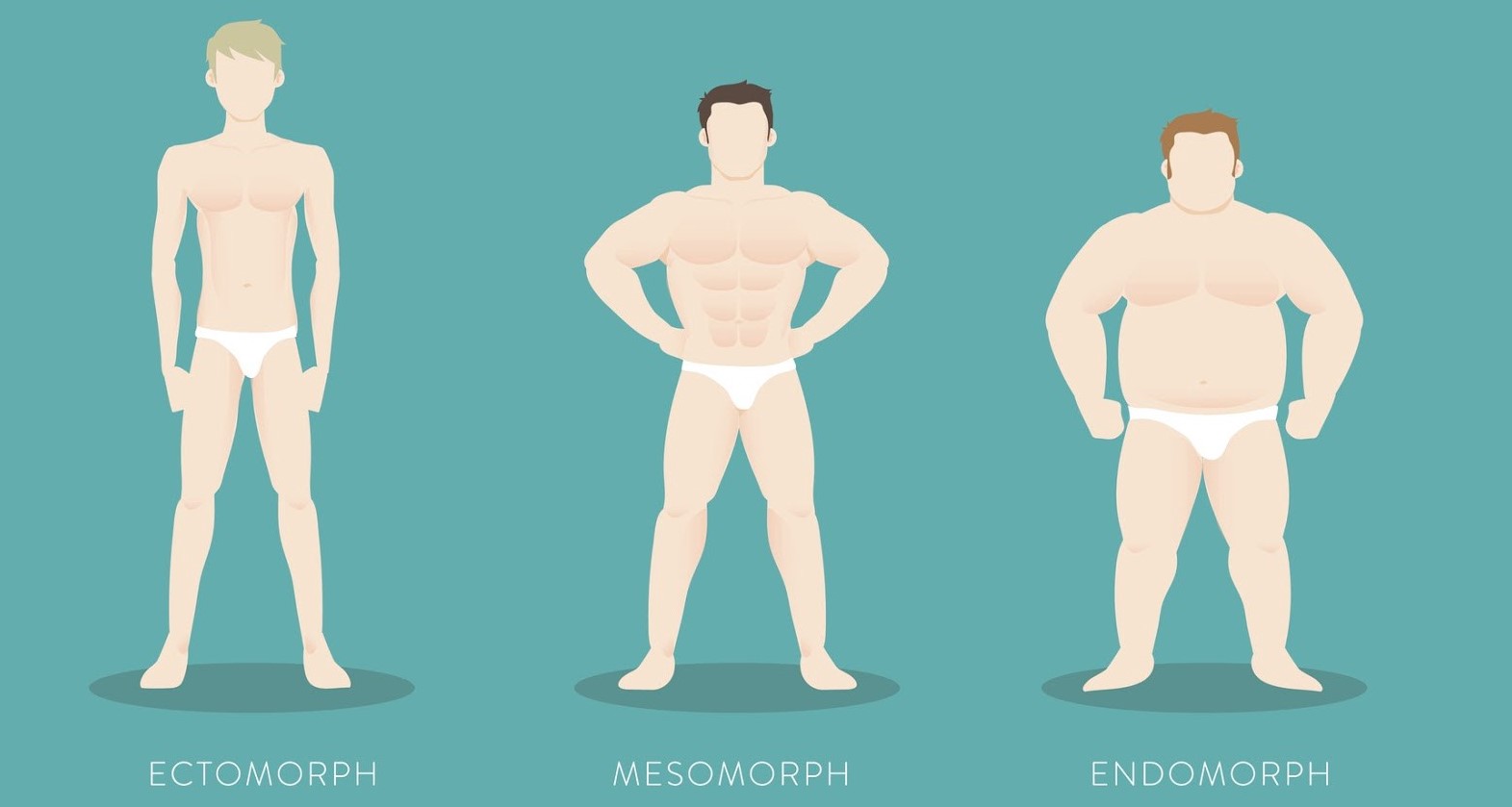Today, we will be learning about that Why Should You Drink 8 Glasses of Water Per Day?
Where did this common suggestion come from?
Well in 1974, Frederick J stair and dr. Margaret McWilliams wrote in their book nutrition for good health. How much water each day? For the average adult somewhere around six to eight glasses per 24 hours and this can be in the form of coffee, tea, milk, etc. However, that recommendation probably got exaggerated over the years as now I think most people would consider the eight glasses suggestion to be exclusive to water. So things like coffee, beer, etc wouldn’t count toward your daily totals.
Is there any scientific evidence to support this idea?

Well, the short answer is not really and this is mainly due to the fact that individual water requirements will vary greatly from person to person based on their size and level of physical activity. It’ll also vary based on the time of the year and even location because differences in temperature or climate can determine- how much water you need
Institute of Medicine panel on Dietary Reference Intakes. There is no single daily total water requirement for a given person. In fact, when it comes to determining the total amount of water that you should drink pretty much every academic paper I’ve looked at it just gives a simple recommendation that most healthy people can adequately meet their daily water intake by simply using thirst as a guide. There are some exceptions to this advice such as, for the elderly where thirst feedback can be sort of dysregulated. So they may need to drink more water prophylactically or monitor it more closely.
Although many people wouldn’t count caffeinated drinks toward their total daily water intake since caffeine is a mild diuretic. One 2007 review on hydration needs throughout the lifespan notes that coffee, tea, and other caffeine-containing beverages do not increase your an output or negatively affect indicators of hydration status and those who are accustomed to consuming caffeine.
Alcohol is another source of water often described as having a net diuretic effect but in fact, while it appears to be true for the first three hours post consumption that actually increases water retention by six to twelve hours post consumption. This is an idea supported by the Institute of medicines conclusion that alcohol would not result in appreciable fluid losses over a 24-hour period.
Using thirst as a guide may be suitable for regular everyday activities but may not fully cover the hydration needs during exercise, especially, when you consider just how much dehydration can negatively impact gym performance.
One 2015 meta-analysis from civilian colleagues found at three percent dehydration which is common to see and hard training athletes resulted in significantly decreased muscular strength, power, and endurance. Across all 28 studies, there was an average performance drop of about five percent. This fact can be especially problematic given that thirst often has a delayed onset meaning that you’re probably already about two percent dehydrated by the time you start to feel thirsty.
What are some practical recommendations?

Well according to a 2016 issue of Alan Aragon’s research review, athletes should consume 6 to 10 ounces of water prior to the activity and then another 7 ounces of fluid every 15 to 20 minutes of exercise. Adding electrolytes, carbs, and amino acids or protein to the mixture can help draw more water in. In terms of daily intake, I like an old recommendation from Lila MacDonald, it states that your pee should be clear or slightly yellow throughout the whole day and if you’re peeing five times throughout the day and twice after a workout and you’re doing pretty well.
One final note on this that cold water can aid in fat loss by boosting metabolism is not supported by the scientific literature. One 2015 study, showed that the vast majority of studies found little or no increase in resting energy expenditure from water consumption.
Swapping out calorie containing drinks like alcohol and sugary sodas with water certainly can help reduce total daily caloric intake and since water can help make you feel fuller especially when consumed with a meal that makes sense why many studies do in fact the increased water consumption is usually associated with increased weight loss. So it’s straightforward calorie reduction and satiety, not a unique metabolism boosting a property of water which would be just totally negligible in the grand scheme.
Conclusion
There are simply too many variables at play to make one strict recommendation that’s broadly applicable. The scientific community at large agrees that healthy individuals should be able to simply use thirst as a guide for hydration and in the case of rigorous exercise “I would add the goal of drinking extra water and that tries to approximate the level of sweat that you’ve lost and aim for at least five to seven clear urinations throughout the day as a rough guide”
IN THIS POST:
Scientific References:
https://www.ncbi.nlm.nih.gov/pubmed/25356197
https://www.nap.edu/read/10925/chapter/1
https://www.ncbi.nlm.nih.gov/pubmed/26178327
https://www.ncbi.nlm.nih.gov/pubmed/17921463
https://www.ncbi.nlm.nih.gov/pubmed/17921469
https://opencommons.uconn.edu/cgi/viewcontent.cgi?article=7449&context=dissertations
https://www.ncbi.nlm.nih.gov/pubmed/19908058
https://www.ncbi.nlm.nih.gov/pubmed/23121351
https://www.ncbi.nlm.nih.gov/pubmed/26690288
https://www.ncbi.nlm.nih.gov/pmc/articles/PMC2908954/
https://www.ncbi.nlm.nih.gov/pubmed/19724292



